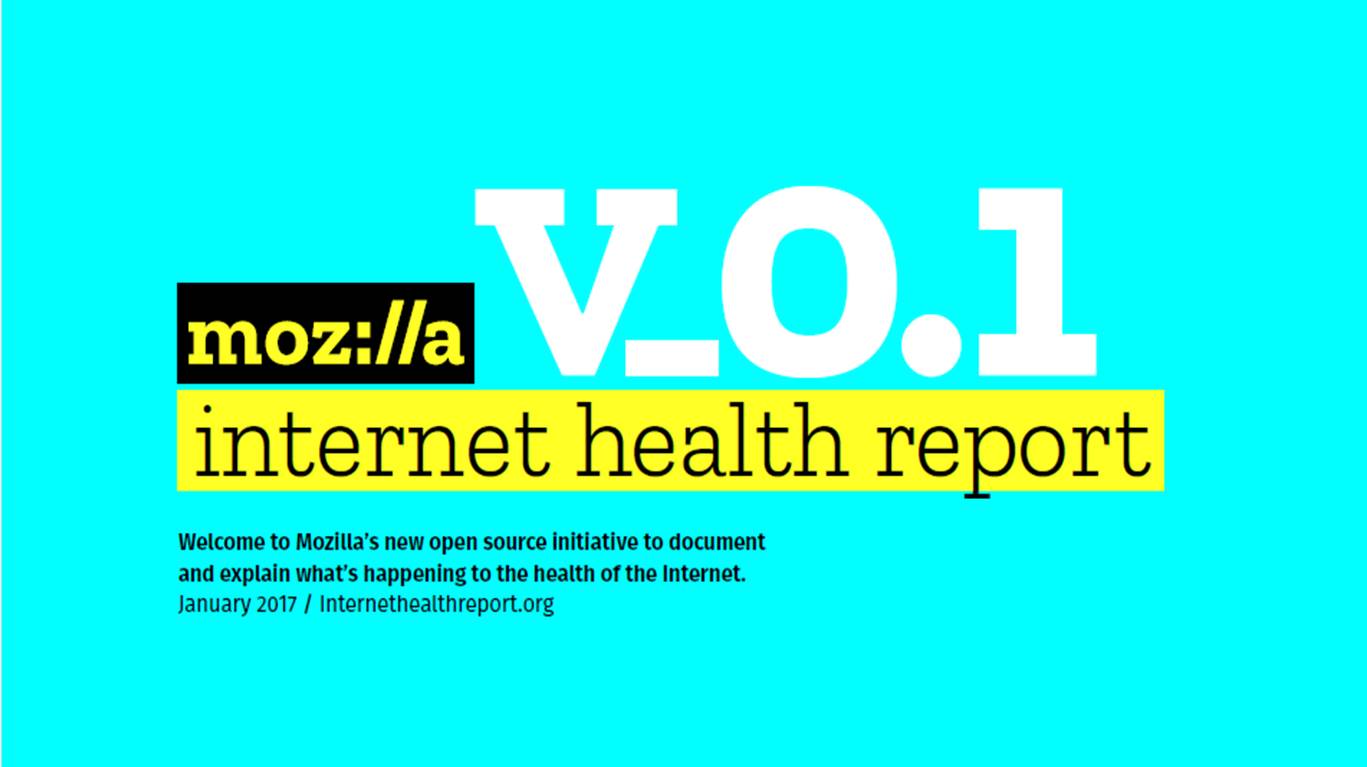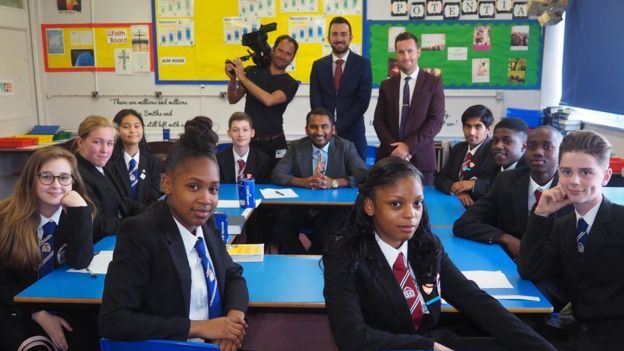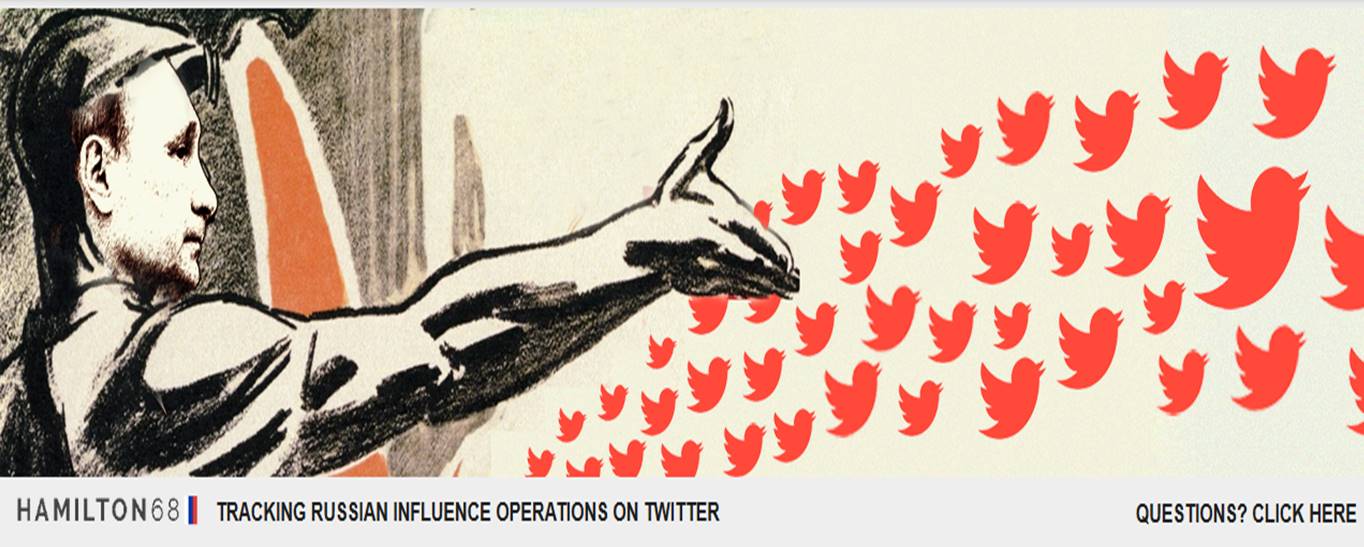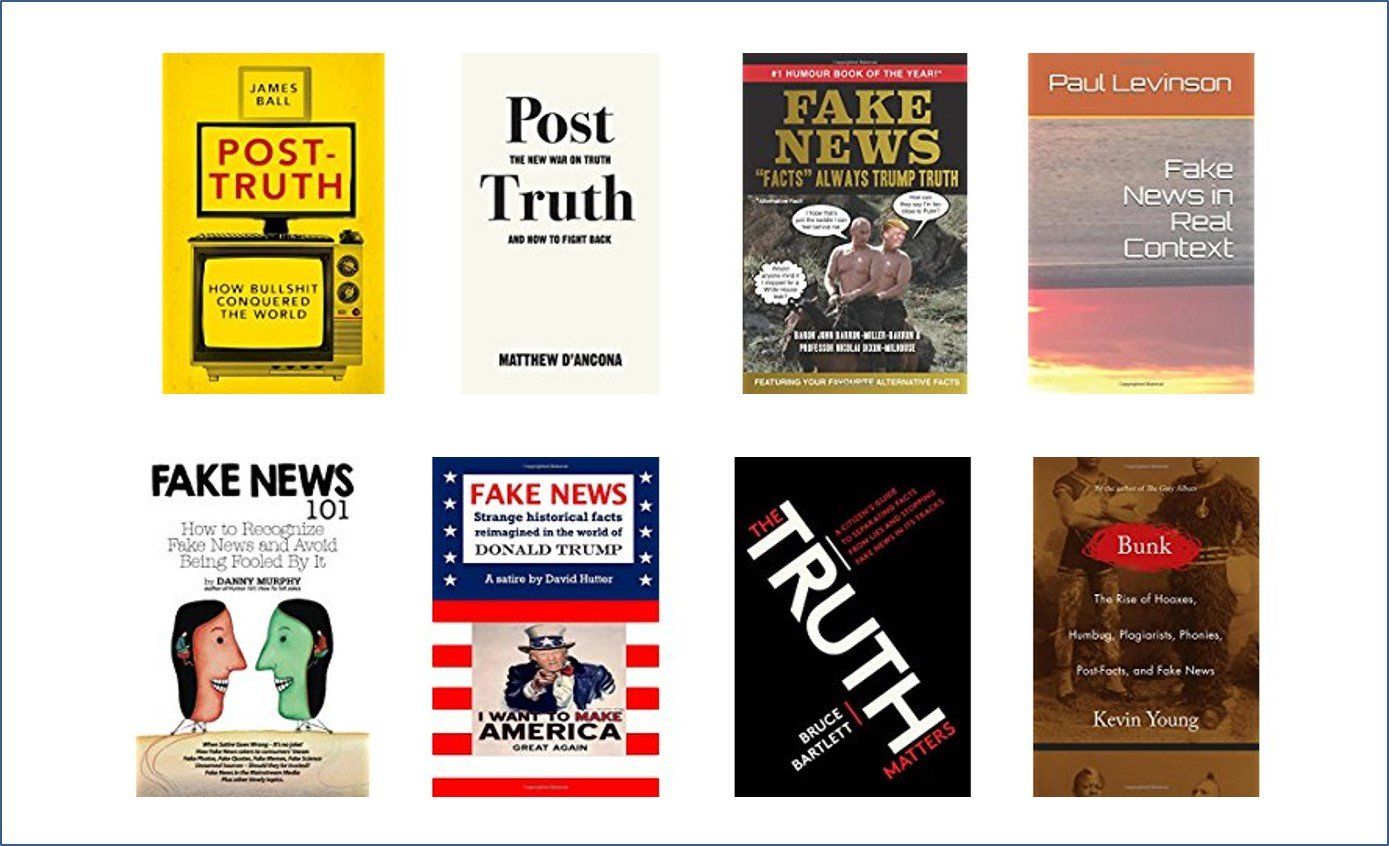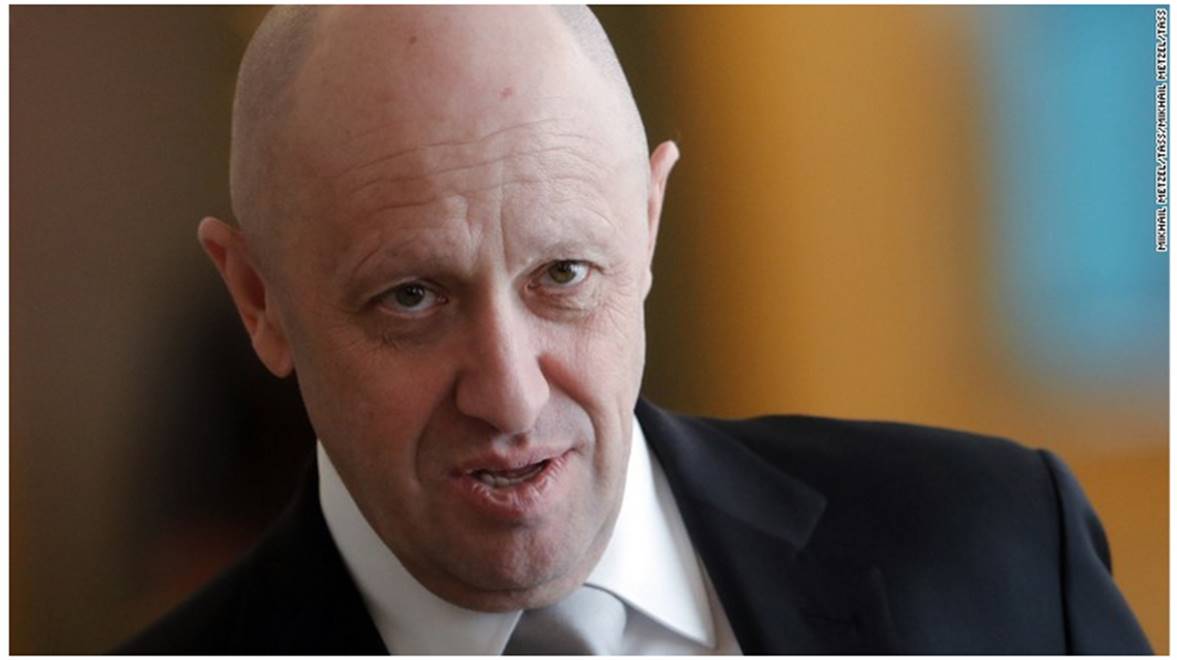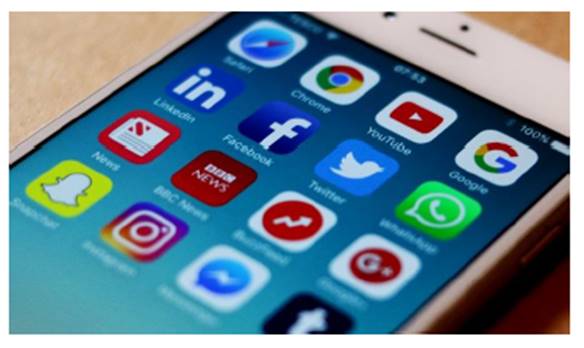2017-32: Digital Warfare: The New Cold War
- by Mike Flood
- •
- 16 Nov, 2017
- •
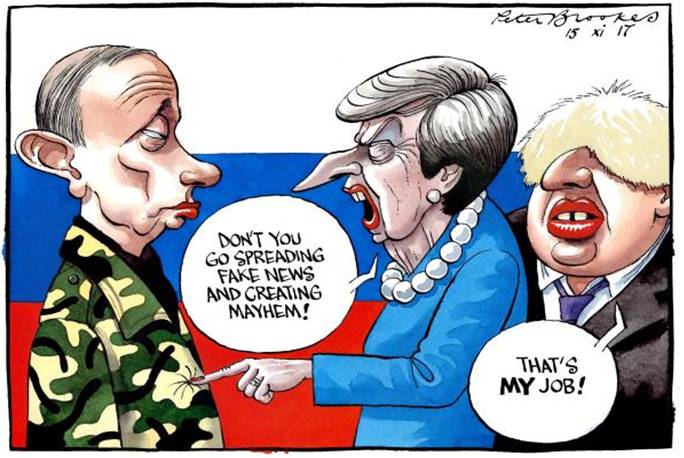
Earlier this week (14 Nov) Prime Minister Theresa May accused
Russia of “carrying out cyber espionage,” “meddling in elections” and trying to
"undermine free societies." She was addressing business leaders at the
Lord Mayor's Banquet
in London. Putin, she said, was "planting fake
stories" to "sow discord in the West". Russia could be a
valuable partner,Maysaid, but only if it "plays by the rules".
The following day (15 Nov) one of the UK's cyber-defence chiefs, Ciaran Martin, accused Russia of "seeking to undermine the international system" — over the past year it had “attacked Britain's media, telecommunications and energy sectors.” Indeed Martin, who is Chief Executive of the National Cyber Security Centre, revealed that his Centre (which was only set up a year ago) had already classed a total of 590 attacks — from a variety of perpetrators — as being "significant", and that more than 30 incidents had been judged serious enough to require a cross-government response.
He was speaking at an event organised by The Times, which released
details of a new study into how Russia used Twitter to influence 2016's Brexit
referendum. This suggested that more than 156,000 Russia-based accounts,
many automated bots, mentioned #Brexit in original posts or retweets in the
days surrounding the vote.[The cartoon is from this article]
According to The Times, one account, Sveta1972, had shown itself to be “a voracious user of the social platform”, its architect, one ‘Svetlana Lukyanchenko’, had only signed up to Twitter in May 2016 — less than a month before Britain voted to leave the European Union. Svetlana “did not fit the profile of someone interested in British politics. Yet in the four days before the vote on June 23 she posted or retweeted at least 97 messages mentioning ‘#Brexit’. Her messages were mainly pro-Brexit and often repeated conspiracy theories. On June 21 she retweeted a story by the website Zero Hedge that said Britons were ‘appalled and disgusted’ by a Brexit postal ballot ‘fraud’. Later that day she tweeted that the EU was an ‘unelected assembly of corporatist agents’ imposing debt and austerity ‘on all member states’. After the vote she lost interest, confining her 12,000-plus tweets to subjects such as lighting design websites or free e-books on web traffic. Despite her Russian origins, most of her tweets were in English, Spanish or Italian.”
Responding to the Times report, the BBC’s Today Programme interviewed Jared Cohen, CEO of Jigsaw (formerly Google Ideas).* Cohen drew comparisons between cyber- and conventional warfare "Think about how high the threshold is for a state to engage in violence against another state; the threshold is much lower for nefarious cyber-attacks… If violence is how you destabilise the physical state, the distortion of truth and the disruption of the free flow of information is how a foreign actor would seek to collapse the digital side."
Jared said that "Fake news is the digital equivalent of what we're always thought of as propaganda. There's two other categories that don't get as much attention: one is when cyber bullies become better organised, better funded and state sponsored.” They use ‘patriotic trolling’, “the equivalent of taking key influences off the battlefield.” He said that Recep Tayyip Erdoğan uses this in Turkey to silence female journalists, he “activates trolling armies to hit [them] with dozens of rape threats every minute.” He said this is a highly effective tactic, and one that we are seeing governments around the world use. The third tactic he described was “the digital equivalent of paramilitary activity, when a foreign actor identifies the different interest groups, constituencies and parties in another country, combs social media for photos, looks for someone who would be a part of one of those interest groups or parties or constituencies, and then fabricates an identify around them… sometimes they'll spend months engaging in the conversation, building credibility and only at a certain moment decide to exacerbate the conversation.”
Worryingly we don’t as yet have “norms that govern how states respond to each other when attacked; you don't have deterrence in the cyber domain; you don't have doctrines of proportional response. Until states figure out what these norms look like you're going to have a rather chaotic geopolitical situation.”**
* The interview
runs from 07.21 for 7 minutes.
** Back in 2010, Cohen
co-authored an visionary paper
on ‘Digital Disruption’ with Google CEO’s Eric
Schmidt .
Another important paper on the topic appeared in Time Magazine
in March 2016, The
Unseen Threat of Digital Warfare. You might also like to look at four previous Blogs on this site, 31, 29, 27 and 23.
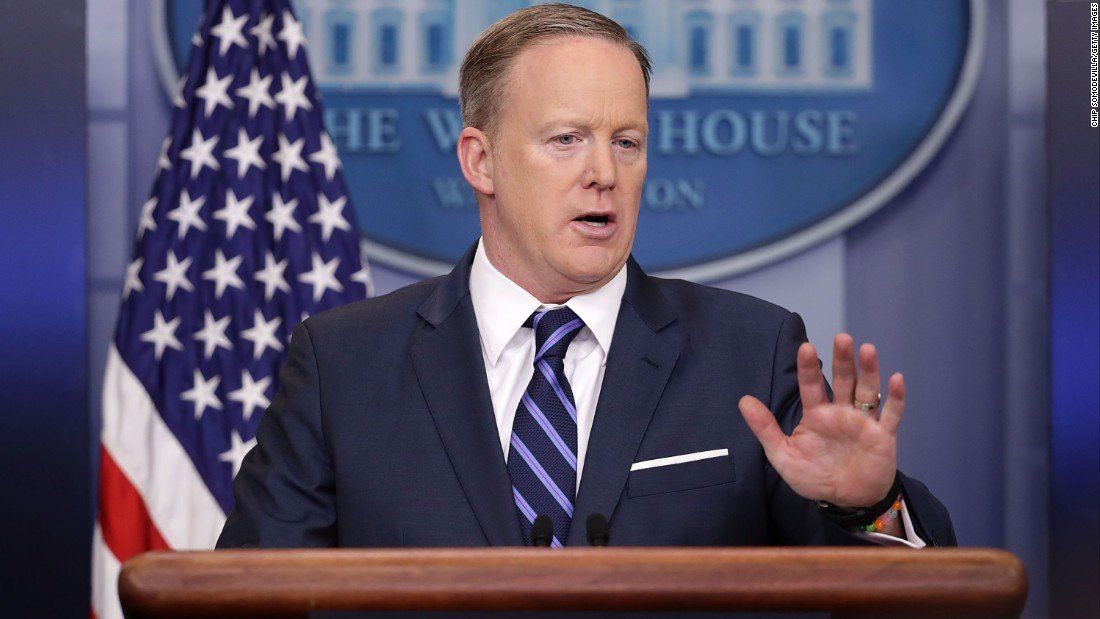
Last night (5 Feb) The Institute of Art and Ideas
debated ‘The
Future of the Post-Truth World’ at the ICA in London. Speakers included Steve
Fuller, Rae Langton and Hilary Lawson, ably managed by Orwell prize-winning
journalist Polly Toynbee. Much ground was covered but one comment caught my
attention: reference to a BBC interview
with Sean Spicer, President Trump’s first Press Secretary. It concerned Spicer’s
now infamous description of the number of people who witnessed Trump’s inauguration.
The media made great play of the fact that the numbers attending were significantly fewer than at Obama’s inauguration. But one of the speakers pointed out that what had been meant by Spicer was the global media coverage not those present. Whether this is true or a convenient explanation of events is not clear. But it does raise the question of how you set the frame, and this was a major focus in the debate between the speakers. It's easy for both sides to believe they are right, and this is a recipe for misunderstanding and polarisation.
There's a Lot Going On!
There has been an enormous increase in the coverage of fake news
and disinformation in the media in recent months. I’ve already identified and logged 24 items in the first 5 weeks of 2018, and this follows 217 items in 2017; 36 in 2016; 11
in 2015; 5 in 2014; and 3 in 2013. I haven't carried out a systematic study of publications on fake news / misinformation worldwide; these are simply items that I personally have
found interesting. There has also been a rapid increase in the number of initiatives
taken by state and other actors to address the problem: I log these in the Critical Information
database and have so far identified over 230 initiatives, no less than 70 in
the UK.
These figures give an indication of size and complexity of the problems that we are facing.
It is to be
welcomed that the topic of misinformation is getting more coverage, and that more people are becoming concerned about the consequences of lies and deception. What we need now is effective methods of neutralising the problem, and this is still a long way off...
Recent Developments
I’ve not been able to comment on developments for a couple of months because of other commitment (now virtually complete), but I have been following events. Here are some of main issues that have been in the media — I’ve identified just one representative article per topic:
Internet
· the repeal in the US of legislation on net neutrality ;
· the issue of controlling unaccountable algorithms ;
Social Media
· Obama warning against 'irresponsible' social media use;
· a prominent former Facebook exec saying social media is ‘ripping apart society’;
· Facebook conceding that using it (a lot) might make you feel bad; also cutting back on news (to give us more time with advertisers);
· calls for tech giants to face taxes over extremist content;
· LinkedIn revealed to have been ‘hosting jihadist lectures’;
Fake News & Conspiracy Theories
· the UK Government announcing the setting up of an anti-fake news unit ;
· the appearance of Deepfake , an app that enables hackers to face-swap Hollywood stars into pornography films;
· climate researchers bemoaning the fact that their work was turned into fake news;
· people believing conspiracy theories about mass shootings in the US being staged;
· how commercial brands secretly buy their way into legitimate publications with material that pretends to be objective;
Hate Speech & Counter-Extremism
· campaigner Sara Khan to lead new UK counter-extremism body;
· new report on hate speech / anti-Muslim messaging on social media [ Hope Not Hate ]
· England (and the US) opting out of the OECD’s Programme for International Student Assessment on the issue of tolerance — PISA is a triennial international survey of some 72 countries which aims to evaluate education systems worldwide by testing the skills and knowledge of 15-year-old students;
Information Warfare
· growing concern in the UK over information warfare — British Army Chief calling for investment to keep up with Russia.
We hope to cover these issues in the next few months.

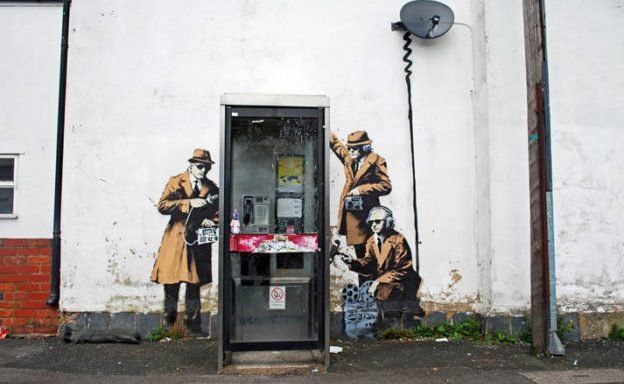
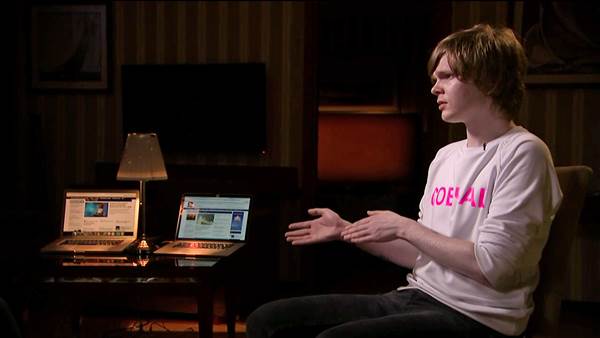
Vitaly Bespalov was once one of hundreds of Russians employed to pump out misinformation online at the Internet Research Agency , Putin’s troll factory in St Petersburg. His story was told this week on the BBC's Profile * and also on NCB News.
The IRA, it appears, is housed in a four-story concrete
building on Savushkina Street in St Petersburg, which is “secured by camouflaged guards and
turnstiles.” There, bloggers and former journalists work “around the clock to
create thousands of incendiary social media posts and news articles to meet
specific quotas.” Those on the third level blog to undermine Ukraine and
promote Russia; those on the first, to create news articles that refer to these
blog. Workers on the third and fourth floor post comments on the stories and
other sites under fake identities, pretending they were from Ukraine. And the
marketing team on the second floor weaves all of this misinformation into
social media.
Even though each floor works on material the other created, according to Vitaly "they don't have any contact with each other inside the building except for in the cafeteria or on smoke breaks…"
The Oxford Internet Institute has been studying "the purposeful distribution of misleading information over social media networks", and in July released a working paper on the topic which argues that computational propaganda (as it is known) is today "one of the most powerful new tools against democracy." The report makes chilling reading. It is based on research across 9 countries (Brazil, Canada, China, Germany, Poland, Taiwan, Russia, Ukraine & the US) carried out “during scores of elections, political crises, and national security incidents.”
Among the study's main findings are that “in authoritarian countries, social media platforms are a primary means of social control”, and in democracies, they are “actively used for computational propaganda either through broad efforts at opinion manipulation or targeted experiments on particular segments of the public." In every country, it says, "we found civil society groups trying, but struggling, to protect themselves and respond to active misinformation campaigns.”
“The most powerful forms of computational propaganda involve both algorithmic distribution and human curation—bots and trolls working together… learning from and mimicking real people so as to manipulate public opinion across a diverse range of platforms and device networks... One person, or a small group of people, can use an army of political bots on Twitter to give the illusion of large-scale consensus... Regimes use political bots, built to look and act like real citizens, in efforts to silence opponents and to push official state messaging. Political campaigns, and their supporters, deploy political bots—and computational propaganda more broadly—during elections in attempts to sway the vote or defame critics. Anonymous political actors harness key elements of computational propaganda such as false news reports, coordinated disinformation campaigns, and troll mobs to attack human rights defenders, civil society groups, and journalists.”
The paper concludes that social media firms “may not be creating this nasty content, but they are the platform for it. They need to significantly redesign themselves if democracy is going to survive.” In this respect it is good to see Google announcing (21 Nov) that it is going to ‘derank’ stories from Kremlin-owned publications RT ( Russia Today ) and Sputnik in response to allegations about Russia meddling in western democracies. Not surprising the Kremlin says it is incensed by the move, and denies any knowledge of the activities of the St Petersburg troll factory. It has suggested that reports that it exists might be fake.
Apparently Vitaly Bespalov no longer believes anything he reads on social media. It would be helpful if more people could adopt this attitude -- and the social media platforms do more to remove the poison from people's phones and desk tops.
One can't help wondering where Vitaly is today, we assume he’s in hiding — that is, if he’s a real person and not the product of a fertile western imagination/dirty trick.
* The actually BBC profiled the man accused of funding the St Petersburg troll factory, Yevgeny
Prigozhin, who, as it says "has moved from jail to restaurateur and
close friend of President Putin, but precious little is known about his
personal life."
